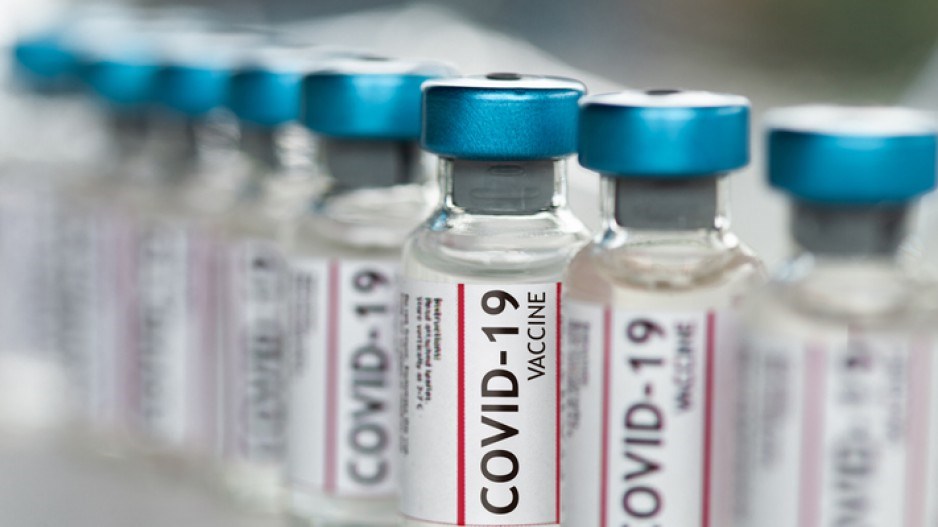The first shipment of COVID-19 vaccines are on track to be delivered to Canada next week pending approval from Health Canada, Prime Minister Justin Trudeau revealed Monday (December 7).
“This will move us forward on our whole timeline of vaccine rollout,” Trudeau said during a media briefing in Ottawa.
Up to 249,000 doses of the Pfizer Inc. (NYSE:PFE) vaccine will initially be distributed at 14 urban vaccination centres this month.
“Once we’re comfortable with that process, we will expand deliberately into other areas in full co-ordination with provinces and territories,” former Canadian NATO commander Maj.-Gen. Dany Fortin, who’s leading the National Operations Centre for vaccine distribution, said during the briefing.
He said it would likely take a day or two between the time the vaccines are distributed to sites and when a patient can receive their first dose.
This development comes the same day dry runs for vaccine distribution are set to begin for Canada.
Deputy chief public health officer Dr. Howard Njoo said last week early distribution of COVID-19 vaccines is expected to begin in early 2021, however, the country will only be able to vaccinate three million Canadians in the early goings.
“I want to assure you that millions and millions of vaccines will continually flow into this country once they are approved by Health Canada,” Public Services and Procurement Minister Anita Anand said during the media briefing.
Canada does not have any manufacturing capacity for the mRNA vaccines — a brand-new technology for vaccine development — that have been garnering attention in recent weeks for their high rates of efficacy.
And Ottawa faces numerous logistical hurdles distributing the doses across the country, including the need for ultra-cold storage for specific vaccines, reaching remote communities and co-ordination between different levels of government.
Ottawa has secured or is in the midst of securing 429 million vaccine doses from seven companies.
For the country of 38 million, it may look like overkill but Trudeau has said previously it was a measure meant to mitigate potential logistical problems if some vaccines don’t work out.
“We know that there is a tremendous amount of uncertainty in terms of which vaccines were going to arrive first, which ones were going to be able to be manufactured quickly. These were always built into our processes as possibilities,” he said during the Monday briefing.
“But let us remember at the beginning there will be smaller amounts of vaccines because we are both setting up our delivery mechanisms but also because manufacturers are limited in what they’re able to produce.”
The government will be ensuring that vaccines are distributed to 205 points of use across the country on a per capita basis as the vaccination plans scale up in the coming weeks and months.
The Pfizer vaccine requires that it’s maintained in freezers at temperatures as low as -80C.
Those vaccines will be delivered directly by the manufacturer to the places of vaccination.
The competing Moderna Inc. (NYSE:MRNA) vaccine, which requires freezing of -20C, will be delivered from the manufacturer by a federally contracted logistics service provider to points of delivery within provinces and territories.
The federal government has secured freezers to facilitate those deliveries.
Both those vaccines require that patients are dosed twice, with doses coming about a month apart.
So while 249,000 doses may be delivered to Canada in December, that does not mean a quarter-million Canadians would immediately be at less risk of contracting the novel coronavirus upon that first dose.




